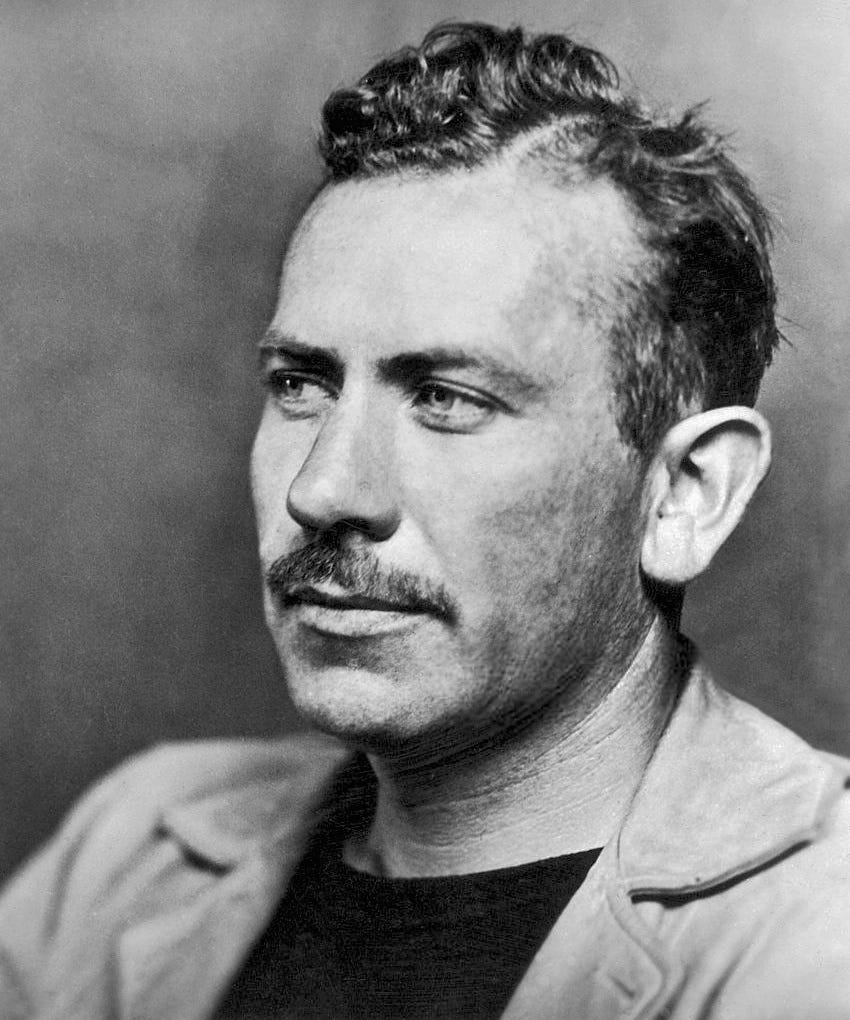
I recently picked up a copy of John Steinbeck’s classic Travels with Charley: In Search of America at my local Habitat ReStore. I’ve seen quotes from it over the years but had never read the whole thing. The book is a memoir depicting Steinbeck’s cross country road trip with his French poodle Charley. It’s a fun read and offers some behind the scenes insight into the author’s piercing social perception. One passage struck me in particular:
“A long time ago I was in the ancient city of Prague and at the same time Joseph Alsop, the justly famous critic of places and events, was there. He talked to informed people, officials, ambassadors; he read reports, even the fine print and figures, while I in my slipshod manner roved about with actors, gypsies, vagabonds. Joe and I flew home to America in the same plane, and on the way he told me about Prague, and his Prague had no relation to the city I had seen and heard. It just wasn’t the same place, and yet each of us was honest, neither one a liar, both pretty good observers by any standard, and we brought home two cities, two truths. For this reason I cannot commend this account as an America that you will find.” (p. 60)
Two of the greatest social interpreters of their generation had very different interpretations of the same place.
What is the goal of spiritual community assessment?
Spiritual community assessment is about going out into our community to learn more about our neighbors—to talk directly to our neighbors, to understand what’s happening under the surface of our neighborhoods. I firmly believe that you and I have something new to learn about our communities (some of us more than others). Steinbeck reminds all of us to stay humble in our interpretation of a place and a people. Our interpretations will be influenced by who we talk to, our cultural lenses, our biases, our theologies, and countless other factors. We will never be able to fully understand our community.
Perhaps fully understanding our community isn’t the goal of spiritual community assessment anyway. Perhaps the goal of spiritual community assessment is to expand our understanding of our communities enough to hear the voice of God inviting us into our next step in being the particular church our particular community needs us to be.





I read Travels with Charley last Fall and have recently been reminiscing on my favourite passages, so seeing this post was timely. I also enjoyed his commentary and observations on this topic and had actually noted down a passage that comes right before the one you had highlighted. I like how he describes it as rearranging the world in our own style
I read Travels with Charley when I was in college, and then I read Blue Highways by William Least Heat-Moon, written 20 years later. Both are wonderful time capsules of the country and the people that make the place real. I think it continues to be helpful to remember that who we are when we see a place, who we meet when we come somewhere new, and who we have just been with when we meet a stranger will always effect how we experience each new place.